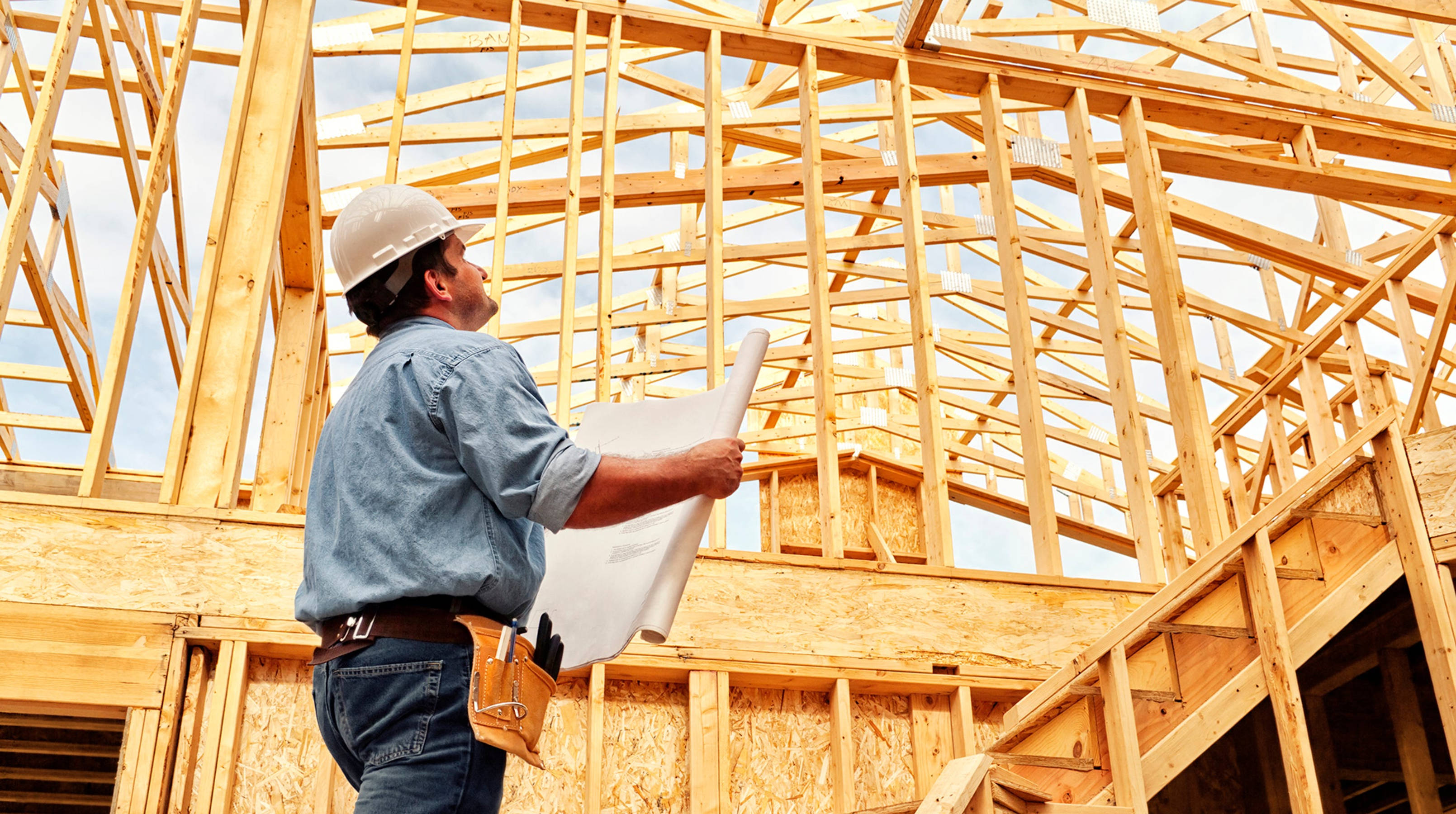In today’s article, we discuss some of the critical things you want to be sure to do while your project is actually underway. Following these steps will go a long way towards ensuring that your project flows as smoothly as possible.
Scheduled walkthrough inspections.
If you followed our advice in our series on negotiating contracts, your contract will specify a starting and completion schedule for your project. But of course there will be some variability and questions that may come up. It is a good idea to have a regularly scheduled once a week time for you and your builder or his foreman to meet on the job, walk the project, and answer any questions you have. Be sure to address any concerns you have about the quality of workmanship as soon as you see them during these walk throughs. Your contractor will appreciate having advance notice to correct any defects you may see rather than being hit with a large “punch list” at the very end.
As a general rule, it is not a good idea to try to give direction to your contractor’s workers or subcontractors but to relay any concerns you have directly to your contractor. Having a regularly scheduled time to meet both keeps you from “pestering” your contractor and gives you plenty of “facetime” to address any issues in a timely manner. Take the time to make sure you understand exactly what you can expect to see accomplished over the next week until your next walk through. This is a good time to make sure that his exact vision for your end product exactly matches yours.
Don’t hesitate to ask for clarification if your contractor uses any jargon or technical language you are not 100% sure you understand. Your contractor is used to working with people in the industry who “speak the same language” and may at times use terminology that is industry specific but unclear to you. He is almost certainly not doing this to intimidate you or hide information from you, but might be unaware that he is using language that homeowners who are not familiar with the trades might not know. He will gladly explain anything to you that you don’t understand, but will not know you need explanation if you don’t tell him!
Your Draw schedule
On larger projects, your contract should specify exactly how much money is due at each stage of the job. You should be prepared, either personally or through your bank, to make those payments in a timely manner. In order to keep your job flowing smoothly, your contractor needs to be able to pay for his materials and labor when the bills are due. Staying on top of the payment schedule and paying your contract as agreed will ensure that there are no unnecessary slowdowns on your project over lack of funds.
However, NEVER agree to pay money in advance of the previously negotiated schedule, and don’t pay for work that is incomplete or poorly done with promises to “fix it” in the future. It is in both you and your contractor’s interest to only pay for work that is actually complete to the level specified. This takes some common sense on your part of course, as there will always be minor quality control issues such as drywall nicks that occur during the process that your contractor takes care of after the heavy work is done as a matter normal work. But if your contractor asks you for money ahead of the agreed upon schedule, that should be a red flag. If this happens, be all the more sure to require proof of payment on your materials and labor on your project to ensure you don’t end up with a mechanic’s lien on your home.




